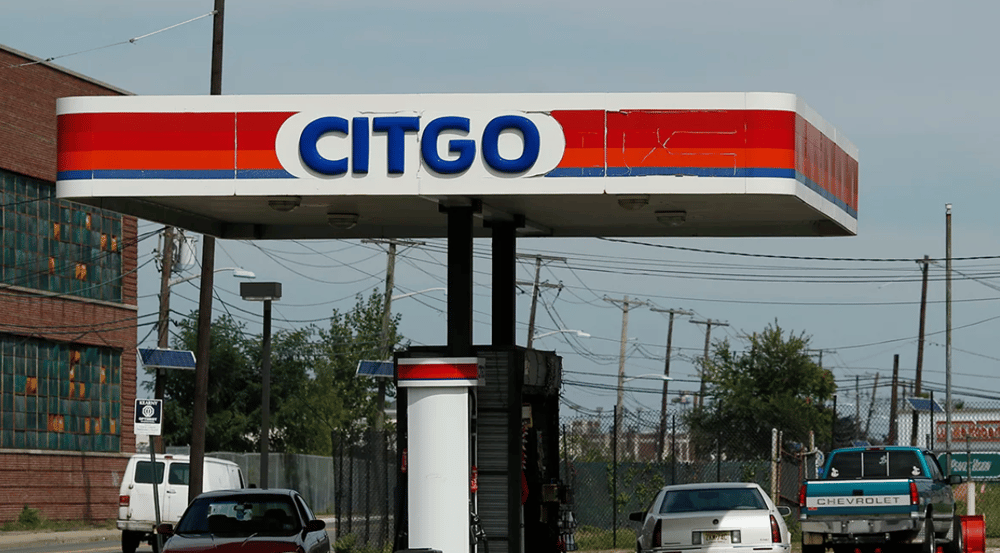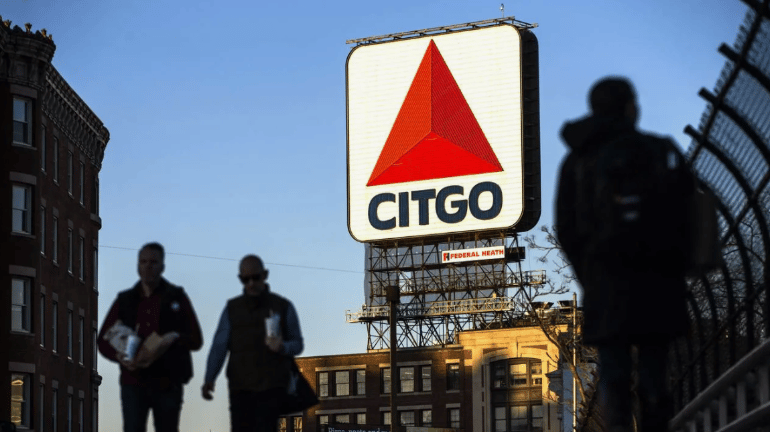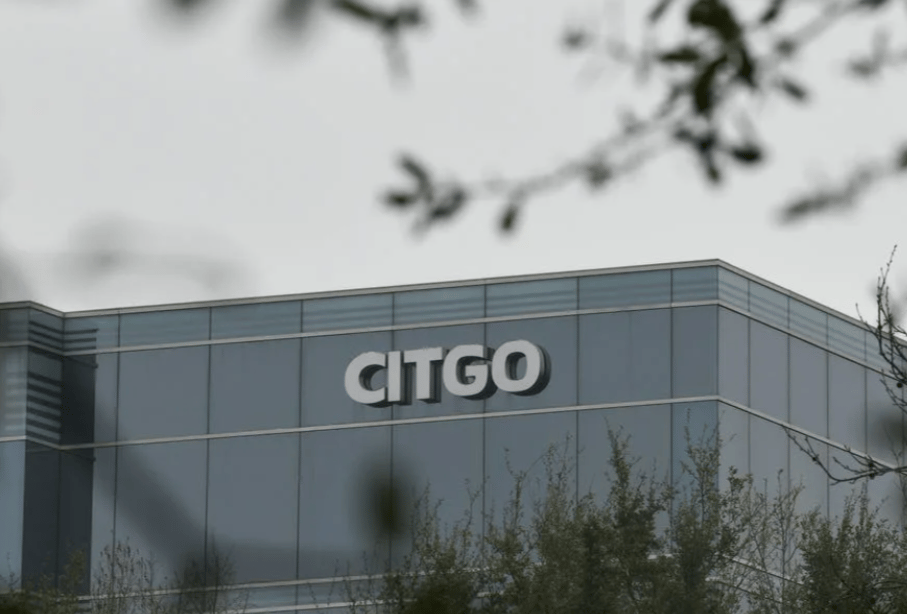Citgo Auction Nears Endgame as Creditors Seek $19 Billion Recovery from Venezuela-Linked Assets
The long-running legal saga surrounding Venezuela’s U.S.-based oil refining asset—Citgo Petroleum—has reached a decisive phase, as the Delaware court-supervised auction of its parent company, PDV Holding Inc., approaches its conclusion. Multiple bidders have submitted enhanced offers in the final round of the auction, hoping to acquire one of the most strategic oil refining operations in the United States.
At stake is the resolution of claims totaling nearly $19 billion, sought by over a dozen creditors—led by Canadian mining firm Crystallex—stemming from years of expropriation and sovereign default by the Venezuelan government.
Legal and Financial Implications of the Citgo Share Auction
The auction was triggered by a 2016 U.S. court ruling in favor of Crystallex International Corp., which had its gold mining operations in Venezuela nationalized without compensation. The Delaware court held that PDV Holding, the indirect parent of Citgo and a U.S.-based subsidiary of Venezuela’s state oil company PDVSA, could be held liable for the South American country’s obligations.
This landmark judgment opened the door for other claimants—including ConocoPhillips $COP, Siemens Energy, and bondholders of defaulted sovereign and PDVSA debt—to pursue compensation through asset seizure mechanisms.
The auction, coordinated by the U.S. District Court in Delaware, has seen considerable interest from both strategic buyers in the energy sector and private equity players. Citgo’s key assets include three refineries with a combined throughput capacity of around 769,000 barrels per day, a vast network of pipelines, and a brand with strong presence in the U.S. gasoline market.

Citgo Auction Overview
⚖️ Legal Origin: Crystallex vs. Venezuela (2016, Delaware)
💰 Total Claims: ~$19 billion from 15+ creditors
🛢️ Target Asset: Citgo Petroleum (3 U.S. refineries, 4,200+ branded stations)
🏛️ Auction Mechanism: Court-organized share sale of PDV Holding Inc.
📉 Venezuela’s Financial State: Sovereign default, limited access to USD markets
Market Reaction and Strategic Considerations
The auction has broader geopolitical and financial consequences. Citgo, although financially independent and profitable, has long operated under asset protection strategies due to U.S. sanctions on Venezuela. Analysts believe the auction result could reshape U.S. refining capacity dynamics and alter creditor strategies in similar sovereign debt disputes.
While potential buyers remain unnamed due to confidentiality agreements, industry speculation has pointed to U.S. refiners, international oil majors, and private capital firms seeking downstream expansion amid high crack spreads and U.S. fuel demand stability.
Markets have responded cautiously. PDVSA bonds, which trade at a deep discount due to Venezuela’s default status, saw modest volume increases, reflecting renewed speculation around partial recovery scenarios. For Venezuela, the loss of Citgo—long regarded as a key external asset—could further complicate its long-term financial restructuring efforts.

Strategic and Financial Takeaways
Crystallex and other creditors are set to recover partial payments via Citgo's forced share sale.
Citgo's value and operational health make it one of the few viable assets for recovery from Venezuelan obligations.
The court’s legal precedent may influence future sovereign debt litigation, especially in the U.S. jurisdiction.
U.S. sanctions and licensing remain key variables, potentially affecting transaction closure and fund distribution.
The outcome will test the enforcement strength of international arbitration awards against sovereign entities.
Legal Precedent and Sovereign Debt Enforcement at a Crossroads
The imminent conclusion of the Citgo-related auction underscores a significant milestone in sovereign debt recovery and asset enforcement. The Delaware court’s ruling and the sale of PDV Holding shares have demonstrated how foreign sovereigns can be held accountable through their commercial subsidiaries abroad.
This case also offers a rare instance of tangible recovery for creditors in sovereign arbitration claims, an area often marked by political risk, jurisdictional complexity, and prolonged litigation. As bidders await the final award, the Citgo outcome is poised to become a reference case for both international investors and policy makers in sovereign debt enforcement.















Comments